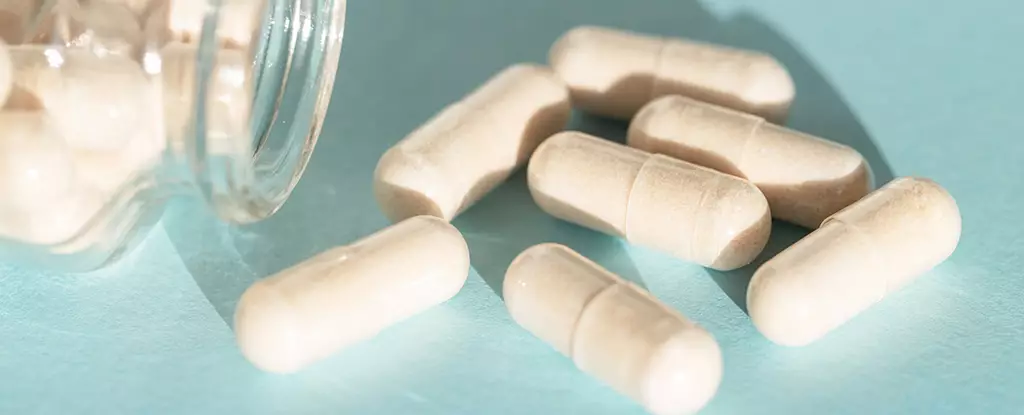Post-traumatic stress disorder (PTSD) is a severe mental health condition that affects millions of people worldwide. Traditional pharmaceutical treatments for PTSD are limited, with antidepressants being the primary option. California-based Lykos Therapeutics sought to change the landscape of PTSD treatment by proposing the use of MDMA, commonly known as ecstasy, in combination with talk therapy. However, a panel of US health experts convened by the Food and Drug Administration recently voted against this unconventional treatment approach.
The panel of experts was quick to point out several key concerns regarding the use of MDMA to treat PTSD. While the two clinical studies conducted by Lykos Therapeutics showed promising results, the experts felt that the available data was insufficient to prove the treatment’s effectiveness. Furthermore, the potential risks associated with MDMA outweighed the benefits in the eyes of the majority of the experts. This was a significant blow to the proponents of using MDMA for PTSD treatment, as they had hoped for a more favorable outcome.
One of the main obstacles facing the approval of MDMA for medical use is its classification as a Schedule 1 drug under the Controlled Substances Act. This classification presents a major barrier to its adoption as a treatment for PTSD, as it would require a significant shift in regulatory policy. Additionally, the FDA raised concerns about the validity of the clinical studies conducted by Lykos Therapeutics. The issue of “functional unblinding,” where participants could accurately guess whether they received the treatment or a placebo, raised questions about the reliability of the study outcomes.
In addition to regulatory challenges, there were also ethical concerns raised regarding the clinical trials conducted by Lykos Therapeutics. Allegations of research impropriety, including claims that participants were prevented from entering long-term follow-up studies to skew the data, surfaced in a report by the Institute for Clinical and Economic Review. These allegations call into question the integrity of the studies and cast doubt on the reliability of the results presented by the company.
Despite the overwhelming vote against the use of MDMA to treat PTSD, Lykos Therapeutics remains hopeful that the FDA will ultimately authorize the treatment. However, if the treatment is approved, it is likely that there will be strict stipulations attached to its use. For example, the drug may only be dispensed in healthcare settings, with subjects closely monitored and enrolled in a registry to document any side effects. This cautious approach reflects the concerns raised by the panel of experts and underscores the need for further research into the potential benefits and risks of using MDMA for PTSD treatment.
The controversy surrounding the use of MDMA to treat PTSD highlights the complex nature of mental health treatment and the challenges of introducing novel therapies into the mainstream. While the promise of MDMA as a treatment for PTSD is enticing, it is essential to approach this issue with caution and skepticism to ensure the safety and well-being of patients. By considering the concerns raised by the panel of experts and addressing the ethical implications of the clinical trials, researchers and regulators can work together to determine the most effective and ethical path forward for treating PTSD.



Leave a Reply